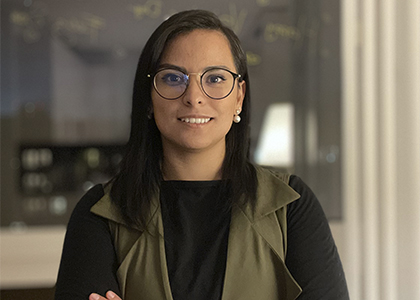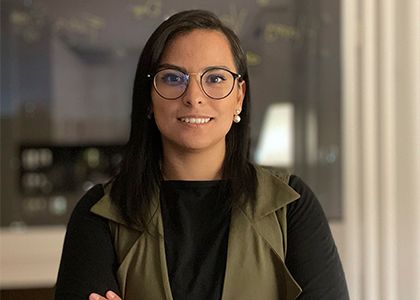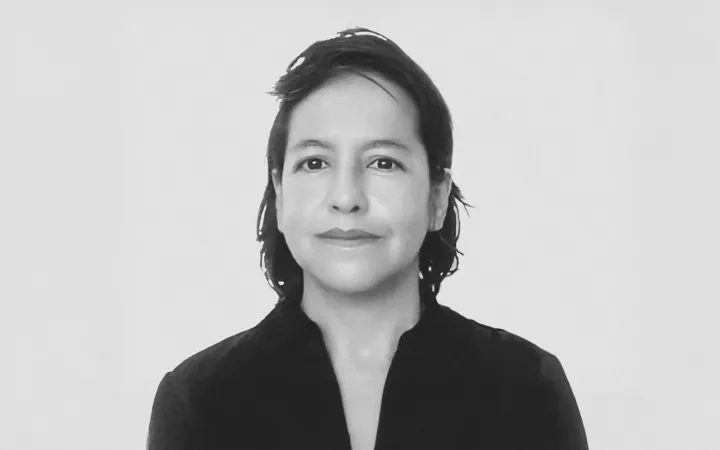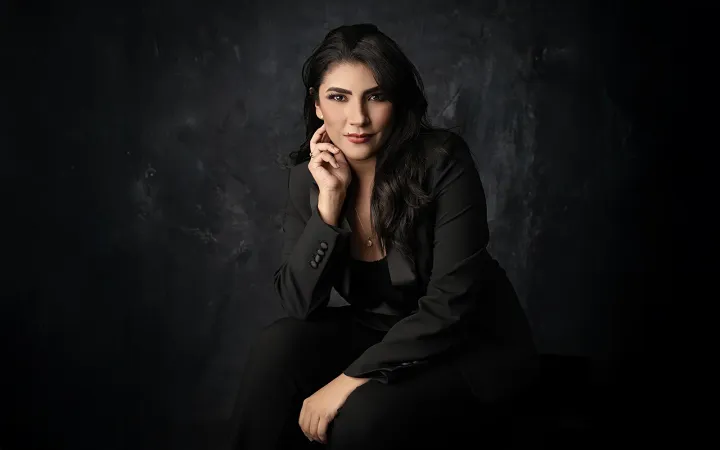Por Paulina Fernández

Desde que salí de México en 2016, he acumulado millones de momentos que me han hecho sentir más viva que nunca, pero también he abierto los ojos a realidades que no esperaba. Entre ellas la discriminación, las etiquetas y microagresiones por ser mexicana, pero sobretodo por ser diferente.
La primera vez que me enfrenté a esto fue en mi primera parada, Estados Unidos, en donde viví un año y medio. El año 2016 de por sí ya generaba algo de ruido por la elección de Donald Trump y por supuesto no faltaron comentarios como “Ah viniste a ayudarle a tu gente a construir el muro entre Estados Unidos y México ¿no?”. La primera vez, mientras volteaba los ojos, respondí que ya había una frontera física entre ambos países así que el chiste era para ellos porque les vendieron una idea vieja. Con el tiempo, decidí no perder el tiempo cada vez que alguien me decía que me regresara a mi país, como una señora en el super que después de decirme que mis zapatos (hechos en México) estaban hermosos, me dijo de cosas en la fila para pagar.
Había de todo tipo de comentarios, de todo tipo de actitudes, de tonos, pero no recuerdo haberle dado tanta importancia en aquel entonces, se me resbaló y pensé que era su problema no el mio.
En 2018, me mudé a Europa siguiendo a mi ahora esposo. Europa en mi cabeza tenía la etiqueta de “fuente de conocimiento, cultura y sabiduría” y puede ser, pero el sentimiento nacionalista es muy fuerte que a mi parecer, ha cegado a muchas generaciones, quienes piensan que no hay mejor lugar que su país o Europa, no sé por qué no recibieron el memo de que no es una competencia.
En mi primer dia, en mi primer trabajo en Bélgica, fuimos todos los de la oficina a comer juntos y me senté junto a un señor quien lo primero que me dijo fue “No me importa que grado de educación tienen las personas que vienen a vivir aquí, ni si son buenos ciudadanos o no, todos deberían regresar a su país, no puede ser el nivel de inmigrantes que viven en este país”, a lo que yo respondí “Hola, me llamo Paulina y yo soy inmigrante”. Me vio con desdén y no me volvió a hablar en toda la comida.
En los siguientes seis años a este incidente, en Bélgica y ahora en Suiza, y en países que visité de vacaciones me encontré con gente que decía maravillas de México, pero también constantes preguntas como “¿tienes burros y caballos en el patio de tu casa?”, el repertorio del cártel de las drogas no ha fallado: “Ah ¡mexicana! ¿De qué cártel vienes?”, “Si voy un día a México, ¿le puedes decir a tus primos y tíos de los cárteles de drogas que sean buena onda con nosotros?”, “Uy, no la hagas enojar porque le va a hablar a los bandidos mexicanos y te van a enterrar en un pozo”, “¿Cómo que en México trabajan hasta 12 horas diarias, son super flojos si hasta toman siesta?” o incluso los que querían “estar de mi lado” me decían “No pero tú no pareces mexicana, no te ves tan como los demás”, “No pero tú inglés es muy bueno” o, “pero tú eres diferente porque tú estudiaste, tienes una carrera, hablas más de un idioma, no como los demás”.
Este tipo de preguntas se volvieron cotidianas, y yo no me he acostumbrado a ellas aunque ya desarrollé el mal hábito de contestar “jaaaa sí, ¿verdad!?”, mientras por dentro no encuentro las palabras ni la voz para decir basta, porque aunque tengo algunos aliados, entre ellos mi esposo, yo soy el único “frijol en el arroz”, mi voz no se oye sobre tanto ruido que hasta espacios de noticias como la BBC reportan seguido que algo malo ha pasado en Mexico. ¿Cómo es que nadie habla de Lorena Ochoa o Katya Echazarreta, de Enrique Olvera, de Karla Souza, de los más de 30 sitios que ocupan un lugar en la lista de Patrimonios del Mundo UNESCO, de sus grandes escritores, de Frida Kahlo como pintora, feminista y revolucionaria y no como impresión “cool” en playeras y bolsas de manta o de Frida nuestra heroina perruna y los topos y los demas perritos que salvaron a muchos en los temblores en México y ahora ayudan en el desastre de Turquía?
En estos ejercicios de conciencia, en donde ahora sé que esos comentarios se llaman microagresiones y en un sentimiento de frustración al ver que sigue pasando, por más tentador que resulta y por más que mi historia suena a que soy víctima de estas formas, descubro que el cambio no se da señalando y odiando a los que me preguntan si soy la de la limpieza que trabaja en ese departamento (donde vivo) o a los que creen que a mi un inglés me salvó de mi país y me trajo a Europa. Tampoco se les cambia sintiendo pena, siendo honesta, yo también he puesto etiquetas, recuerdo que en mi país estas etiquetas se llamaban “naco” o “chairo”, “fresa” o “fifi”, “prieto”, “sangre azul”, “mirrey”, “popular”, “rico”, “pobre”.
Mi teoría es que si aprendo a verme al espejo, comparto mi historia y hablo de mi verdad, el mundo a mi alrededor va a cambiar, pero el primer cambio viene de mí, el cambio sucede alzando la voz o en este caso tecleando mi voz.
Las opiniones expresadas son responsabilidad de sus autoras y son absolutamente independientes a la postura y línea editorial de Opinión 51.
Más de 150 opiniones a través de 100 columnistas te esperan por menos de un libro al mes. Suscríbete a Opinión 51.






Comments ()